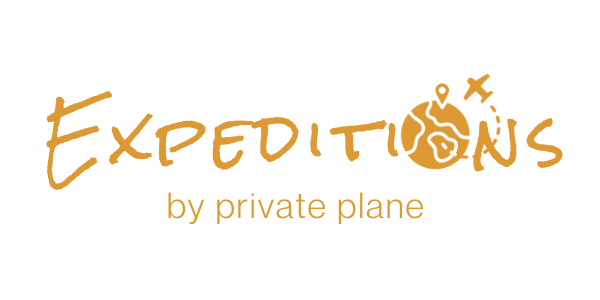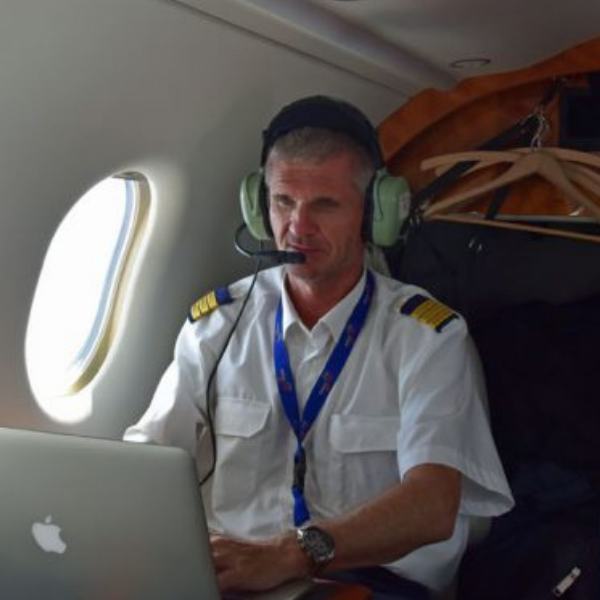The Gambia 🇬🇲
Transafrica 2018 STOP 18
May 25, 2018
Bissau – Banjul
Flight distance: 120 nm
Hours in the air: 0.30
Visiting family
Well, I was way to nice yesterday when I praised the locals in Bissau. Again, lot’s of people seem to be involved with our flight and just when we wanted to start the engine we were told there was not yet permission to leave. That was at 9:30 and from then on people came and left, officials, policemen with and without uniforms, aviation officials and finally ministers who all could NOT figure out the reason for the missing permission. 5 1/2 hours later we were told it’s ok and after a short inspection of the “Töffli” we were on route to Banjul.
We were a bit too early for the big reception; apparently the president was expected later the same day as well which meant setting up a huge commotion for the arrival.
We were greeted by Karamo, Annemaries partner. She is Rainers godmother and has been living here since the 1990ies when she started to come to this country. We still had enough time to go for a sun downer at the beach and buy booze for dinner. Today I could celebrate my 200th country with a nice dinner enjoyed at Annemaries house.
The second day was very relaxed yet we got to see al to after all. We played cards for the first time on this trip in the garden. Then Karamo took us first to Banjul, the former Bathurst which used to be a first rate name in the old days of frontier Africa. The traces back from those days are still there with all the colonial building, albeit mostly run down. We placed a visit to the museum/crocodile farm before we had a late lunch at Karamos plantation. A relaxed, yet eventful day ended with watching the champions league finals and yet another great dinner.
Facts & figures
A West African nation bordering the North Atlantic Ocean in west. The sub-tropical country is a narrow strip of land on either side of the Gambia River, just 48 km (29 mi) at its widest point. Within the country, the Gambia River is navigable the entire length, it is Gambia’s chief transport artery.
The smallest country on mainland Africa occupies an area of 11,295 km², it is about the size of one third of Belgium or slightly less than twice the size of Delaware. The former British colony forms an enclave within Senegal with the exception of its coast.
The country has a population of 1,9 million inhabitants (2015). Most of the people live near the coast. Gambia’s population is made up of several ethnic groups, about one-third are Mandinka, followed by Fula, Wolof, and Jola people. Spoken languages are English (official), Malinke and other indigenous languages and Creole. More than 95% of the population in the Islamic Republic of the Gambia are Muslims.
After 200 years of British colonial rule The Gambia gained its independence in 1965; it formed a short-lived federation of Senegambia with Senegal between 1982 and 1989. In 1991 the two nations signed a friendship and cooperation treaty. A military coup in 1994 overthrew the president and banned political activity, but a 1996 constitution and presidential elections, followed by parliamentary balloting in 1997, completed a nominal return to civilian rule.
The country undertook another round of presidential and legislative elections in late 2001 and early 2002. Yahya Jammeh, the leader of the coup, has been elected president in all subsequent elections. Presidential elections were held in the Gambia on 1 December 2016, where opposition candidate Adam Barrow defeated long-term incumbent Yahya Jammeh. First Jammeh conceded defeat, but later announced that he was rejecting the results and called for a new election.
The Gambia shares historical roots with many other West African nations in the slave trade, which was the key factor in the placing and keeping of a colony on the Gambia River, first by the Portuguese, during which era it was known as A Gâmbia. Later, on 25 May 1765,
The Gambia was made a part of the British Empire when the government formally assumed control, establishing the Province of Senegambia. In 1965, The Gambia gained independence under the leadership of Dawda Jawara, who ruled until Yahya Jammeh seized power in a bloodless 1994 coup.
Source: wikipedia.org / nationsonline.org

